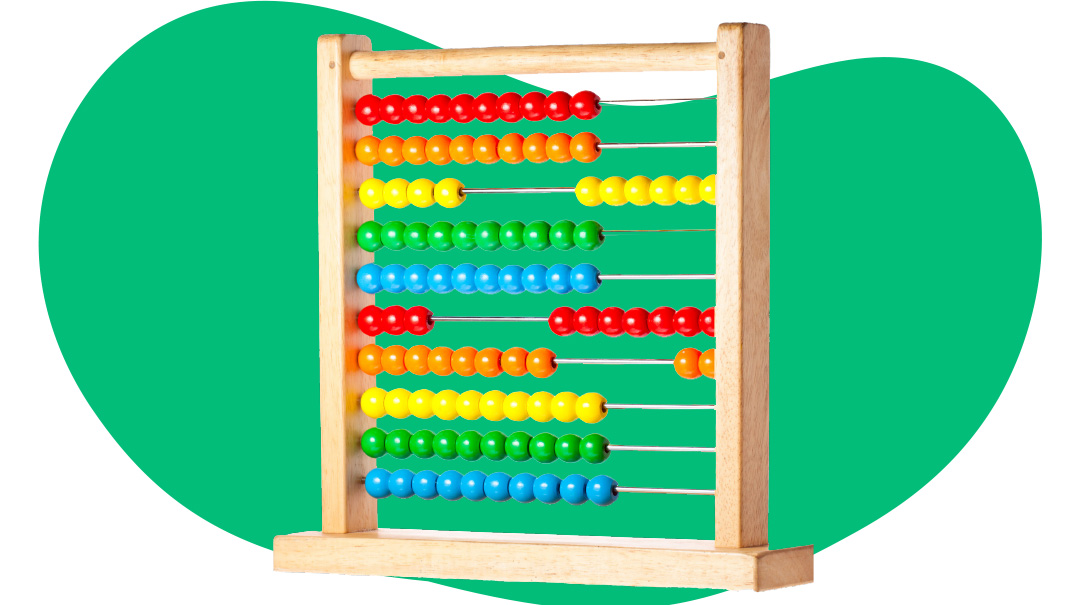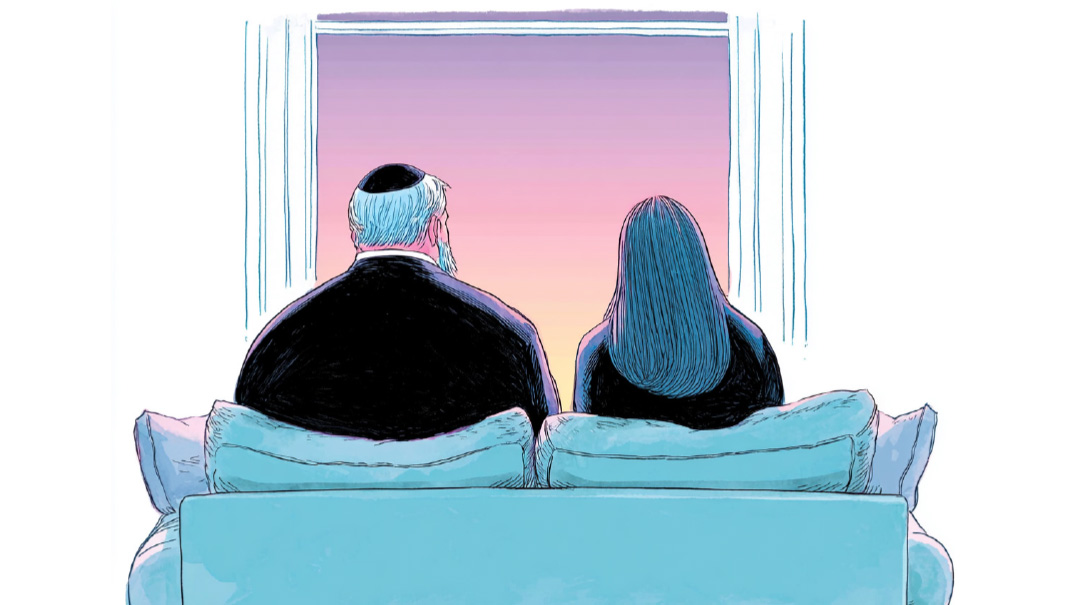The Point System
| June 28, 2022Why do we keep score? It’s about self-worth

The Point System
Shoshana Schwartz
Ever notice how we keep score?
I borrowed Tzippora’s car on Monday and her Bundt pan on Tuesday. I can’t borrow a book for Shabbos!
Brachie is always helping me, not the other way around. She sent supper twice after Shimmy was born, plus she watched the twins three entire afternoons. When her baby was born Erev Pesach I was away, and by the time I got back, she said she didn’t need help. Now her Avrumi’s having surgery, and I must help her — even though I’m barely able to put supper on the table, and I haven’t seen the bottom of my hamper in months.
We maintain a scorecard where we unknowingly tally deposits and withdrawals for an account we aren’t even aware we’ve created.
Babysit your neighbor’s kids an hour? Ten points.
Send a vegetable platter over for a kiddush? Fifteen points.
Call your sister the pediatrician to ask her to fit your son in? Minus thirty points.
Why do we keep score? It’s about self-worth.
The point system calms insecurities that arise from doubt and ambiguity in a relationship, helping me know where I stand.
If I believe I’m worthy of receiving help, I can graciously accept it regardless of how much I’ve previously done for the giver or how much she’s done for me. If I lack a strong sense of self-worth, a well-tended point system (that always keeps me in the black!) prevents me from feeling emotionally indebted, needy, or vulnerable.
Low self-worth can lead to a fear that I won’t be taken care of. Being nice to someone is a form of insurance: I may not be deserving of help, but if I do favors for people, then at least they’ll “owe” me when I’m desperate.
How can you tell if you’re scorekeeping? Take note of your feelings when receiving or bestowing favors. Do you feel guilty, anxious, ashamed, uncomfortable, indebted, insecure, powerful, or relieved? Ask yourself why; what do you believe about this act and about yourself?
By becoming aware of the areas in which you keep score, you can focus more on the actual chesed you want to do and why: I go to your simchah because I feel it will enhance your joy; I take your kids to the park along with mine because I can; I lend you money because you need it more than I do right now.
By opting out of the point system, we accept favors from others simply because they offer, without feeling bad or indebted. We avoid pushing ourselves to reciprocate when the cost is too high, and we don’t attempt to proactively accrue points against future needs. We stop holding grudges when other people don’t reciprocate our kind acts toward them. We are deeply satisfied when we give because we truly want to.
If we can work on seeing ourselves and others as valuable simply because we are each a tzelem Elokim, then we can enjoy being both on the giving and receiving end of chesed.
Shoshana Schwartz specializes in addiction and codependency. She gives in-person and online addiction prevention lectures and workshops to education and mental health professionals, community leaders, and parent groups, as well as 12-Step workshops for non-addicts.
Finding the Therapist You Need
Sarah Rivkah Kohn
You’re facing a challenge and realize you need help. How do you find the therapist who will be right for you?
A clinician’s training makes a world of difference in how she may view particular challenges. However, at the core of what makes therapy fantastic or a flop is the therapeutic relationship.
Ask yourself these questions to see what kind of therapy you may want to explore:
Have I ever been to therapy before? What did I like? What did I dislike?
Do I like to initially share background information to help the therapist understand how I tick or do I prefer to dive into the work at hand? Do I need someone who’ll provide lots of psychoeducation as we go along or someone more focused on the “doing”?
Am I opening up an old Pandora’s Box or addressing something brand new? Do I need someone good at managing a crisis or someone good for titrating an old trauma?
Do I need someone who will work just with me or someone who will need to work with another family member or rav?
How good is my ability to express my needs? Can I tell a therapist that I’m shy/confused/frightened and need her to ask lots of questions or would I prefer someone who will listen more, and I’ll guide her?
Do I need a clinician who’s skilled at dealing with a psychiatrist and perhaps somewhat knowledgeable about various medications?
Now that you know more specifically what you want to get out of therapy and what style of therapy does or doesn’t work for you, make that call. Call a referral agency, trusted rav, or professional who can guide you to a clinician who fits your needs.
Sarah Rivkah Kohn is the founder and director of Zisel's Links and Shlomie’s Club, an organization servicing children and teens who lost a parent.
Make It Clear
Abby Delouya, RMFT-CCC, CPTT
When talking to your spouse — or anyone for that matter — avoid double messages. It’s confusing and frustrating to hear one thing and perceive a different message at the very same moment through gestures and body language.
For example, “How was your day?” should be met with an honest “fine” and a smile, or a sigh and “tough.” A “fine” matched with an eye roll, shoulder shrug, or any other unhappy gesture discourages honest communication and can turn the most well-meaning, innocent discussion into a frustrating, cumbersome disagreement.
Abby Delouya RMFT-CCC, CPTT is a licensed marriage and family therapist in private practice with a specialty in trauma and addiction. Abby lives in Monsey, NY and maintains her practice in Canada.
(Originally featured in Family First, Issue 799)
Oops! We could not locate your form.







